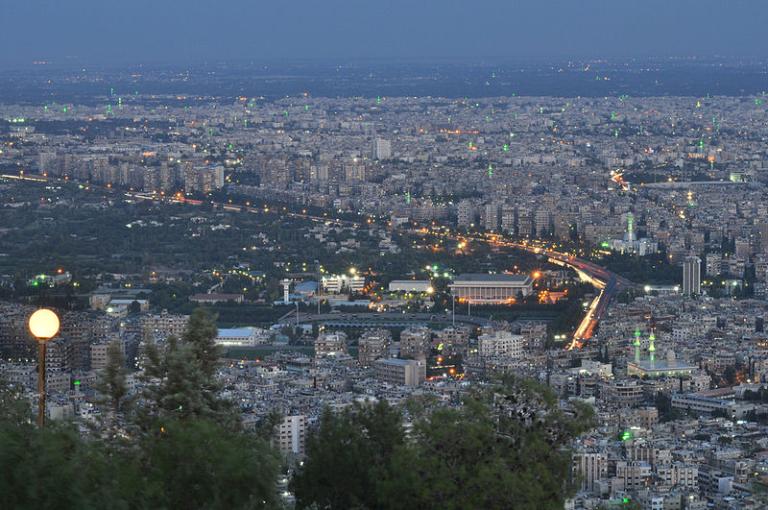
(Wikimedia Commons public domain photo)
I want to complete some of the thoughts that I shared last night from Graham E. Fuller, A World Without Islam (New York, Boston, and London: Little, Brown and Company, 2010). So here’s a bit more:
To begin with, Graham Fuller cites the famous British universal historian Arnold Toynbee:
In the first place we can discount the tendency — which has been popular in Christendom — to over-estimate the extent of the use of force in the propagation of Islam. The show of adherence to the religion exacted by the Prophet’s successors was limited to the performance of a small number of not very onerous external observances. . . . In the conquered provinces of the Roman and Sassanian Empires the alternatives offered were not “Islam or death” but “Islam or a super-tax” — a policy traditionally praised for its enlightenment when pursued long afterwards in England by a Laodicean [religiously disinterested] Queen Elizabeth. (87)
Then he quotes the prominent Berkeley historian of Islam Ira Lapidus (whose entirely inadvertent influence upon my own doctoral dissertation I should probably record at some point):
The second principle of ‘Umar’s settlement was that the conquered populations should be as little disturbed as possible. This meant that the Arab-Muslims did not, contrary to reputation, attempt to convert people to Islam. Muhammad had set the precedent of permitting Jews and Christians in Arabia to keep their religions, if they paid tribute. . . .
At the time of the conquest, Islam was meant to be a religion of the Arabs, a mark of caste unity and superiority. The Arabs had little missionary zeal. When conversions did occur, they were an embarrassment because they created status problems and led to claims for financial privileges. (88)
But he also quotes the famous final or Farewell Address of Muhammad himself, given shortly before the Prophet’s death in AD 632, which would ultimately help to undercut the plainly un-Islamic notion of Islam as a religion intended purely for a closed Arab elite:
O people! Verily your Lord is one and your father is one. All of you belong to one ancestry of Adam and Adam was created out of clay. There is no superiority for an Arab over a non-Arab and for a non-Arab over an Arab; nor for white over the black nor for the black over the white except in piety. Verily the noblest among you is he who is the most pious. (88)












